#folk country music
Explore tagged Tumblr posts
Text
If you have Spotify reblog this and tag what your number one song on your “on repeat” playlist is.
#mine is#veronica mars#by#blondshell#music#tag meme#on repeat#I’m just curious and I want new music lol#spotify#meme#memes#alt#scene#emo#punk#metal#goth#gothgoth#gothic#alternative#rap#country#folk#idk what else to tag this
143K notes
·
View notes
Text
#23 - Russ Baum's Musical Journey
🎤🎸 Catch the inspiring interview with Russ Baum, the talented singer-songwriter of Meager Kings! Discover his musical journey and enjoy exclusive live performances. 🌟🎶 #MusicLovers #IndieArtist #LiveMusic
Join us for an exclusive in-studio interview with the incredibly talented singer-songwriter Russ Baum, known for his work with the Meager Kings and his unique podcast, “On The Rise.” Discover Russ’s journey through the music industry, his inspiring collaborations, and how his passion for music has shaped his life. We’ll dive into his experiences, from international tours to local accolades, and…
youtube
View On WordPress
#acoustic performance#Americana#Artist Spotlight#best local artist#folk country music#in-studio interview#independent artist#international tours#live music#live performance#local music scene#Meager Kings#music industry#Music Journey#Youtube
0 notes
Text
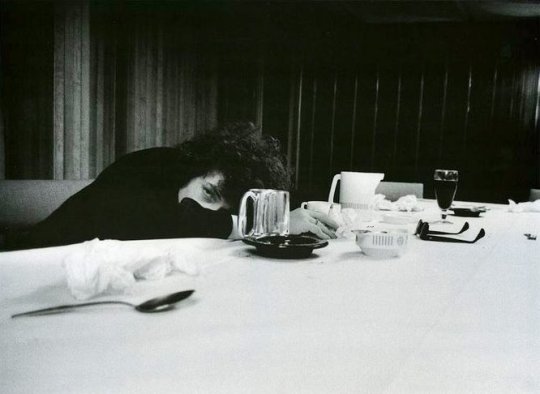
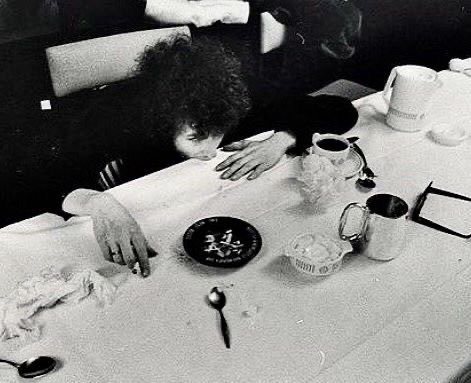
Bob Dylan eating breakfast (and the table) in Birmingham, England, 1966 ♡ Photographed by Barry Feinstein
#bob dylan#folk rock#country rock#aesthetic#fashion#photography#vintage#music#beatnik#60s#1960s#england#birmingham#1966#sixties#swinging sixties#60s fashion#1960s fashion#60s aesthetic#1960s style#mood#rock n roll#rock music#musician#romantic academia#dark academia#folk#folk music#photo#black and white
3K notes
·
View notes
Text


Remembering John Denver on what would have been his 81st birthday.
#john denver#1970s#1960s#folk#music#folk music#country#60s#70s#december 31#1943#birthday#country roads#1970s vintage#1960s music#1970s music#1960s vintage
214 notes
·
View notes
Note
may i ask the definition of country music? i wanna win a debate against my sister….
Country Music is what happens when Folk Music ferments. It has existed in seven distinct generations:
1920-1930, in which people with fiddles sang about farm animals
1930-1950, where cowboys were also invited
1950-1970, in which Nashville took over
1970-1990, in which Johnny Cash and Dolly Parton ruled the Earth
1990-2000, when Trucks and Drinking were valued above all
2000-2020, when you got shot if you didn't mention 9/11
2020-Present, a time of people mostly just wishing Johnny Cash and Dolly Parton still ruled the Earth.
Country Music may also at times involve a "Banjo."
249 notes
·
View notes
Text
in the first half of the 20th century (and probably before, but that's when this music started being recorded in audio) there were quite different "rules" around switching pronouns when playing songs originally from the perspective of another gender. it was not inherently queer to sing songs from a cross-gender perspective, but it might have given people a way to express themselves or to feel seen
i yap about this a lot but finally made some playlists
100 notes
·
View notes
Text

Mixed Music lovers are my people. ✌️
🎶🎵💜🖤💜🖤🎵🎶
#good music#music lovers#music lyrics#music#pop music#country music#folk music#rock and roll#classical music#dance music#rap music#hip hop music#r&b music#jazzmusic#music collection#fridays#friday feels#weekend vibes
178 notes
·
View notes
Text

𝐄𝐦𝐦𝐲𝐥𝐨𝐮 𝐇𝐚𝐫𝐫𝐢𝐬 𝐛𝐲 𝐆𝐢𝐣𝐬𝐛𝐞𝐫𝐭 𝐇𝐚𝐧𝐞𝐤𝐫𝐨𝐨𝐭 (𝟏𝟗𝟕𝟓)
#emmylou#emmylou harris#1970s#70s#1975#seventies#photography#black and white photography#styleicon#fashion#60s icons#folk#country#american singer#60s music#60s musicians
223 notes
·
View notes
Text
Olivia and the Lovers (who wrote our theme song!) are heading to the studio to record an EP! You should go help them make more Queer Cowboy tunes~
#world gone wrong podcast#world gone wrong#olivia and the lovers#queer music#queer country#queer folk
73 notes
·
View notes
Text
does anyone wanna play a game? rec me a song and I'll rec u one back?? i need new music lol (and don't be afraid to send me something popular/chart topper/tiktok meme song chances are i haven't heard it. i live under a rock)
pls post in the replies 👇
#genres are whatever to me i listen to music from everywhere#yes including rap and country (though i prefer folk/bluegrass to white man with veneers and an expensive guitar Country)#and please no spotify links i dont have spoofy#youtube works
56 notes
·
View notes
Text
People who only wanted to hear a cheerful children's song learning about Joan Petit:
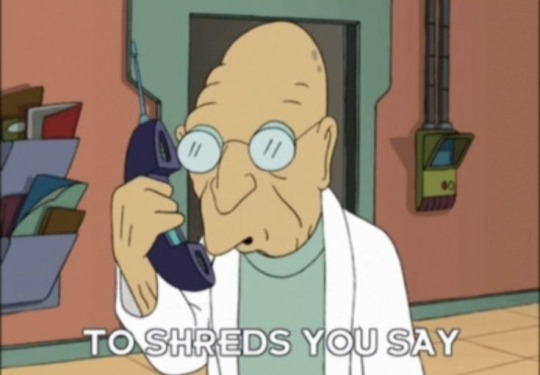
Joan Petit quan balla ("When Joan Petit dances") is a traditional Catalan children's song that lists a series of parts of the body to move in the dance. Here's a video where you can hear it and see how it's danced: people hold hands and move in a circle and sing "when Joan Petit dances, he dances with his..." and add a body part, then repeat the chorus. Each time, the body parts add up on a list that gets longer and longer and the dancers have to remember and dance in order.
Like it happens with other elements of Catalan folk culture, it's shared with our sister nation, Occitania. Occitans also sing it, with the same melody, the same dance, and the same lyrics as the Catalan song but with the lyrics in Occitan language instead of Catalan. However, in Occitania it's more common to remember who the song is talking about, which is mostly unknown in Catalonia.
Joan Petit was an Occitan farmer. In the year 1643, he led the Croquant Rebellion against the king of France Louis XIV's strong taxation of poor people to gather money for war. Joan Petit was captured and tortured on the breaking wheel. The reason why the song lists body parts is in reference to this torture method of smashing all body parts slowly making its way to the head. The story was quickly told all through Occitania and even crossed the Pyrenees, and the memory of Joan Petit and his rebellion still lives on in Occitania. Maybe that's why the Occitan song, by changing only a few notes at the end of the sentences, sounds much sadder than the Catalan version.
One of the most iconic Occitan bands, Nadau, wrote a song explaining Joan Petit's life. Under the cut you can listen to the song and read the English translation of the lyrics.
youtube
Occitan lyrics and English translation:
En país de Vilafranca / Que s'i lhevèn per milièrs / Contra lo gran rèi de França / En mil shèis cents quaranta tres. Mes òc, praubòt, mes òc praubòt / En mil shèis cents quaranta tres. In the place of Vilafranca / they rose up by the thousands / against the great king of France / in 1643. But yes, poor things, but yes, poor things / in 1643.
Entà har guèrra a la talha / Qu'avèn causit tres capdaus, / L'un Laforca, l'aute Lapalha, / Joan Petit qu'èra lo tresau. Mes òc, praubòt, mes òc, praubòt, / Joan Petit qu'èra lo tresau. To wage war on the taxes / they chose three captains: / one of them was Laforca, the other Lapalha / the third one was Joan Petit. But yes, poor thing, but yes, poor thing / the third one was Joan Petit.
Per tota l'Occitania, / Que'us aperavan croquants, / N'avèn per tota causida, / Que la miseria o la sang. Mes òc praubòt, mes òc praubòt / Que la miseria o la sang. In all Occitania / they called them the Croquants / they didn't have any other choice / than either misery or blood. But yes, poor thing, but yes, poor thing / than misery or blood.
E qu'estón per tròp d'ahida / Venuts per los capulats, / Eths que vivèn de trahida, / Çò qui n'a pas jamei cambiat. Mes òc praubòt, mes òc praubòt, / Çò qui n'a pas jamei cambiat. And because they trusted too much / they were sold by the powerful / [the powerful] lived only of betrayal / a thing that has never changed. But yes, poor thing, but yes, poor thing / a thing that has never changed.
Que'us hiquèn dessús l'arròda, / E que'us croishín tots los òs, / D'aqueth temps qu'èra la mòda / De's morir atau, tròç a tròç. Mes òc praubòt, mes òc praubòt, / De's morir atau, tròç a tròç. They put them on the wheel / and they crushed all their bones. / At that time, it was trendy / to die like this, bit by bit. But yes, poor thing, but yes, poor thing / to die like this, bit by bit.
E qu'estó ua triste dança, / Dab la cama, e lo pè, e lo dit, / Atau per lo rei de França, / Atau que dançè Joan Petit. Mes òc praubòt, mes òc praubòt, / Atau que dançè Joan petit. And it was a sad dance / with the leg, the foot, the finger, / and thus, for the king of France, / danced Joan Petit. But yes, poor thing, but yes, poor thing / thus danced Joan Petit.
E l'istuèra qu'a hèit son viatge, / Qu'a pres camins de cançons, / Camin de ronda taus mainatges, / Mes uei que sabem, tu e jo. Mes òc praubòt, mes òc praubòt, / Mes uei que sabem, tu e jo And the history took its journey / it took paths of songs / and tales for children / but today we know, you and I. But yes, poor thing, but yes, poor thing / but today we know, you and I.
#coses de la terra#joan petit#música#arts#nadau#catalan#occitan#occitania#occitanie#folk music#folk songs#traditional song#traditional music#història#history#french history#world music#other countries
140 notes
·
View notes
Text
Song of the Day
"Call of the moose" Willy Mitchell, 1980 As you might know, September 30th is Truth and Reconciliation day (more commonly known as Orange Shirt Day), a national day in Canada dedicated to spreading awareness about the legacy of Residential schools on Indigenous people. Instead of just focusing on a song, I also wanted to briefly talk about the history of the sixties scoop and its influence on Indigenous American music and activism.
The process of Residential schooling in Canada existed well before the '60s, but the new processes of the sixties scoop began in 1951. It was a process where the provincial government had the power to take Indigenous children from their homes and communities and put them into the child welfare system. Despite the closing of residential schools, more and more children were being taken away from their families and adopted into middle-class white ones.
Even though Indigenous communities only made up a tiny portion of the total population, 40-70% of the children in these programs would be Aboriginal. In total, 20,000 children would be victims of these policies through the 60s and 70s.
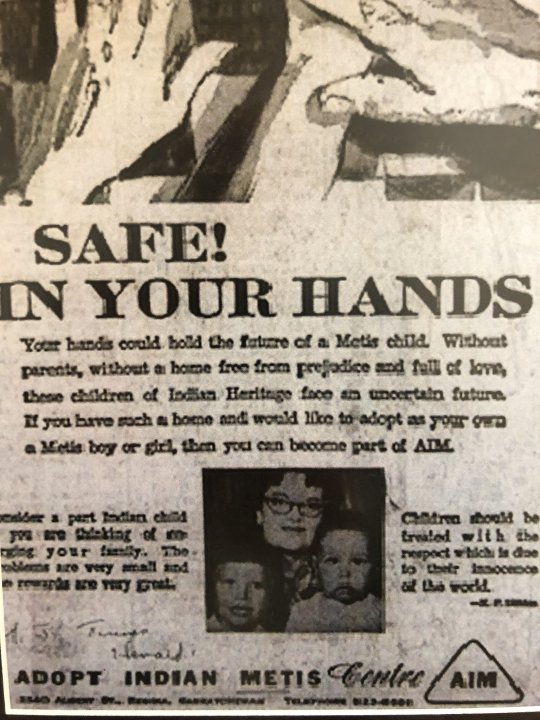
These adoptions would have disastrous effects on their victims. Not only were sexual and physical abuse common problems but the victims were forcibly stripped of their culture and taught to hate themselves. The community panel report on the sixties scoop writes:
"The homes in which our children are placed ranged from those of caring, well-intentioned individuals, to places of slave labour and physical, emotional and sexual abuse. The violent effects of the most negative of these homes are tragic for its victims. Even the best of these homes are not healthy places for our children. Anglo-Canadian foster parents are not culturally equipped to create an environment in which a positive Aboriginal self-image can develop. In many cases, our children are taught to demean those things about themselves that are Aboriginal. Meanwhile, they are expected to emulate normal child development by imitating the role model behavior of their Anglo-Canadian foster or adoptive parents."
and to this day indigenous children in Canada are still disproportionately represented in foster care. Despite being 5% of the Total Canadian population, Indigenous children make up 53.8% of all children in foster care.
I would like to say that the one good thing that came out of this gruesome and horrible practice of state-sponsored child relocation was that there was a birth of culture from protest music, but there wasn't. In fact, Indigenous music has a long history of being erased and whitewashed from folk history.
From Buffy Saint-Marie pretending to be Indigenous to the systematic denial of first nations people from the Canadian mainstream music scene, the talented artists of the time were forcibly erased.
Which is why this album featuring Willy Mitchell is so important.

Willy Mitchell and The Desert River Band
This Album was compiled of incredibly rare, unheard folk and rock music of North American indigenous music in the 60s-80s. It is truly, a of a kind historical artifact and a testimony to the importance of archival work to combat cultural genocide. Please give the entire thing a listen if you have time. Call of the Moose is my favorite song on the album, written and performed by Willy Mitchell in the 80s. His Most interesting song might be 'Big Policeman' though, written about his experience of getting shot in the head by the police. He talks about it here:
"He comes there and as soon as I took off running, he had my two friends right there — he could have taken them. They stopped right there on the sidewalk. They watched him shootin’ at me. He missed me twice, and when I got to the tree line, he was on the edge of the road, at the snow bank. That’s where he fell, and the gun went off. But that was it — he took the gun out. He should never have taken that gun out. I spoke to many policemen. And judges, too. I spoke with lawyers about that. They all agreed. He wasn’t supposed to touch that gun. So why did I only get five hundred dollars for that? "
These problems talked about here, forced displacement, cultural assimilation, police violence, child exploitation, and erasure of these crimes, still exist in Canada. And so long as they still exist, it is imperative to keep talking about them. Never let the settler colonial government have peace; never let anyone be comfortable not remembering the depth of exploitation.
Every Child Matters
#orange shirt day#truth and reconciliation#first nations#song of the day#indigenous folk#canadian history#sixties scoop#indigenous music#folk#folk revival#folk music#folk rock#60s#willy mitchell#song history#60s country#80s music#protest folk#music history#residential schools#american folk#american folk revival#Spotify
113 notes
·
View notes
Text
There needs to be more trans folk musicians. I know there are trans folk punk musicians. But I want some folksy stuff. I want some country stuff too. And some bluegrass. Give me that trans townes van zandt. Girlboy woody guthery. A Ralph Stanley whose a faggot
229 notes
·
View notes
Text
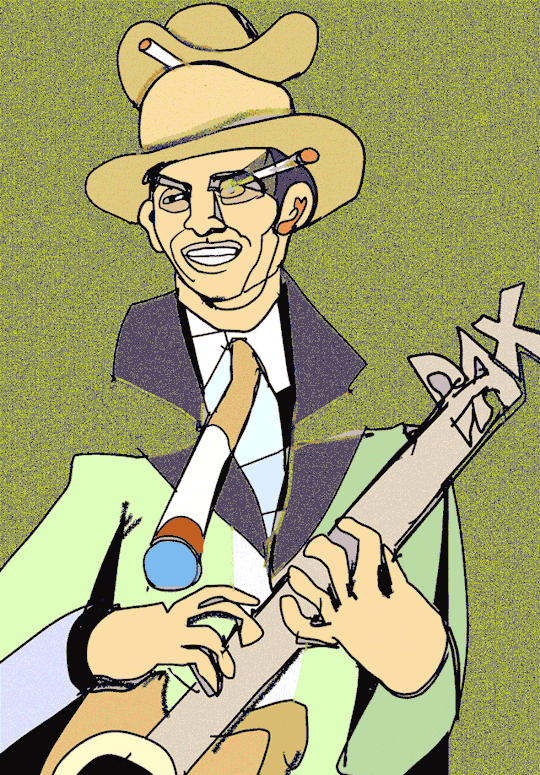
Ghost Guitar
176 notes
·
View notes
Text

dolly parton 1979
#girlblogging#just girly things#girly aesthetic#girly blog#coquette#coquette aesthetic#dolly parton#dollygirl#dolly#jolene#1979#1970s music#1970s#1970s country#1970s folk#70s folk#70s aesthetic#70s music#70s country#appalachia#appalachain mountains#it girl#music
235 notes
·
View notes
Text
I loveeee rap tbh
#tumblr polls#poll time#random polls#my polls#polls#music#pop#kpop#rap#rnbmusic#rnb#soul music#reggae#country music#hip hop#indie rock#indie pop#folk#rock
103 notes
·
View notes